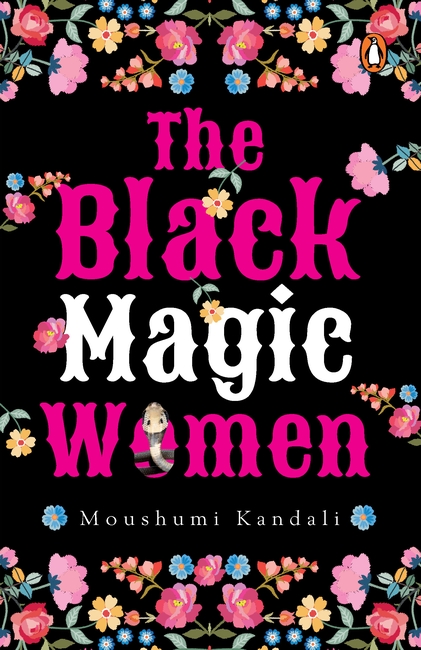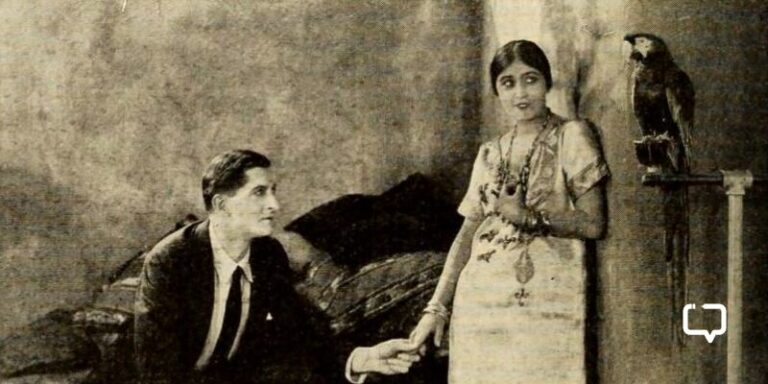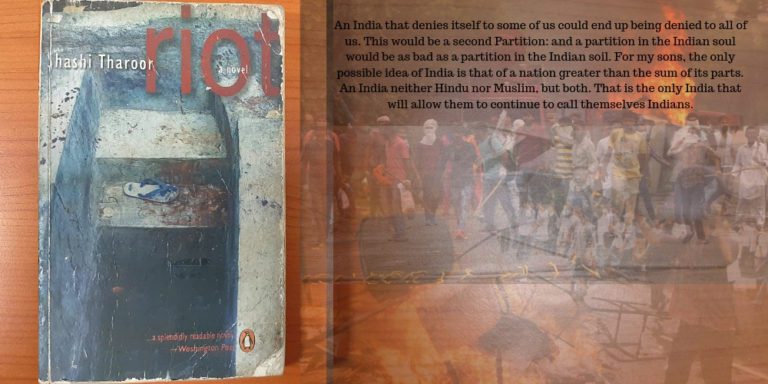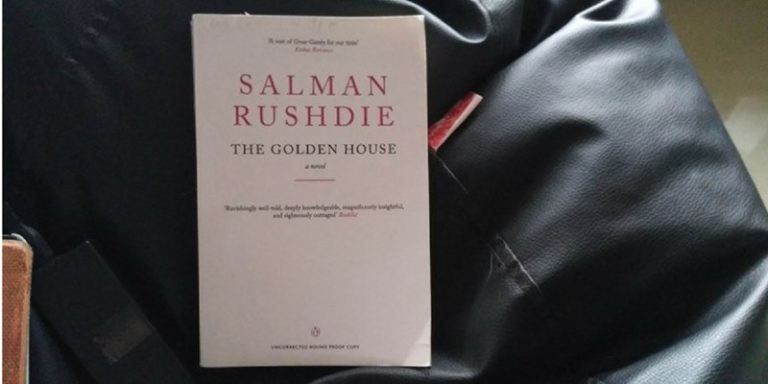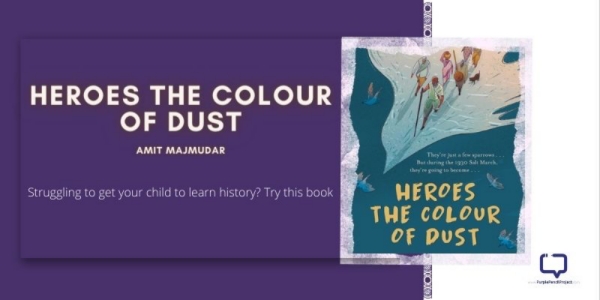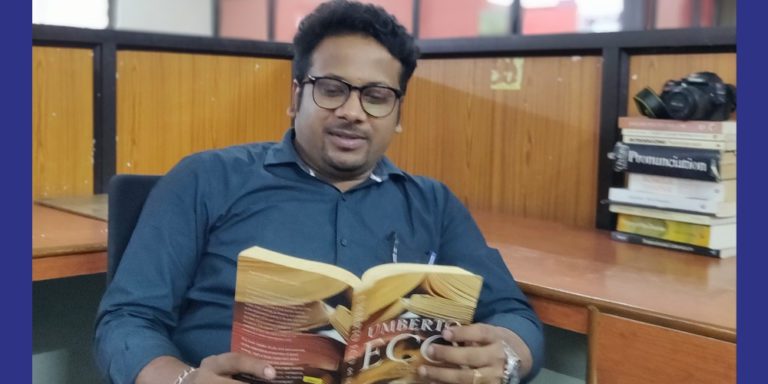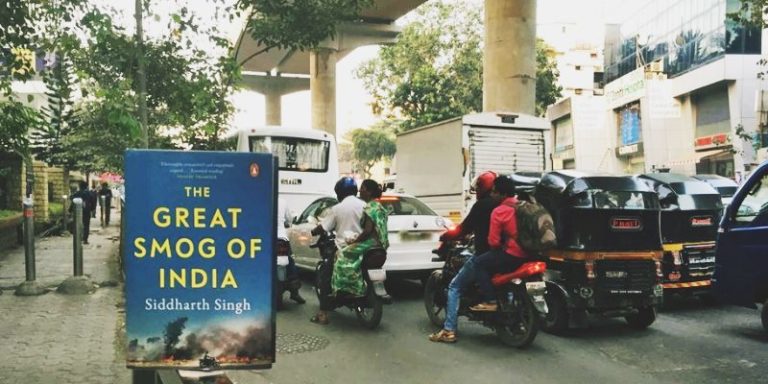The Black Magic Women: Stories of Suffering and Survival, written by Moushumi Kandali and translated by Parbina Rashid is a must-read to understand racism in India against the Assamese.
Trigger Warning: The text may contain potentially disturbing content.
Stories of migrations are often bitter-sweet, sprinkled with hopes of a better future. A young man comes to the big city to chase his dreams. While feeling lonely at first, he soon finds himself at home in the big city when everything comes together magically one day. Moushumi Kandali tells a different tale with her collection of ten short stories, The Black Magic Women. Written by Moushumi Kandali and translated from the Assamese by Parbina Rashid, The Black Magic Women tells stories of people who find themselves perenially at the margins of society as exotic aliens, struggling for identity and belonging. These are the stories of people for whom displacement, harassment, and violence have become an everyday reality.
We encourage you to buy books from a local bookstore. If that is not possible, please use the links on the page and support us. Thank you.
Kandali writes about the Assamese people’s long fight for justice and belonging. She explores what it feels like to be helpless against the cruelty of people from your own country, and the unfair burden of having to prove that you belong. She writes about the war waged against the bodies of Assamese women that goes unreported by the mainstream media, about the unending political and social unrest that enters the bones and minds of people and never leaves.
While dealing with subjects that require utmost sensitivity, the author writes an intricate narrative that delivers her message with a heavy, painful blow. The social history of the Assamese people is explored in parallel to the violence and discrimination they face outside of Assam. Kandali borrows from real-life incidents and blends them together with tales from mythology and folklore to deliver power-packed stories.
To be, and how to be
Moushumi Kandali’s characters are at once alienated and invisible and yet vulnerably visible, easy to spot for predators. They are absent from mainstream media and culture and yet under the threat of unwanted attention that leads to sexual, physical and emotional violence. Some of the stories trace the lives of Assamese women. These stories are placed in various geographical and historical settings. The common thread that connects them is the weight of the inescapable male gaze and the exoticisation of Assamese women which leads to physical and sexual abuse. Through these stories, the author also draws attention to the indifference of society towards crimes against women and minorities.
Subverting the Stereotype
The title of this collection of short stories refers to the perception of Assamese women as witches and seductresses that perform black magic on men. This societal belief leads to discrimination and demonisation of Assamese women, who often face racial and physical abuse as a result.
The Hyenas and Coach Number One is a tale of violent betrayal where the protagonist is caught between peril and possibility as she comes to the big city of Delhi to fulfil her dreams and falls in love with a man who turns out to be cruel and violent. Feeling powerless and lonely, the woman dreams of a beauty cream that could add wrinkles instead of turning back the clock. She wishes her youth and beauty away in order to protect herself. Old age seems like the safe shore away from turbulent waters of violence and misogyny. The story seems to ask the reader, will these women make it to the safe shore of old age or will they become precautionary tales like the real-life Nirbhaya or the fictional Rahdoi Ligiri who turned herself into an eighty-year-old after being raped and tortured? Will these women die young?
Kandali addresses not only the constant threat to the lives of women but also how they are surrounded by things that have an adverse impact on their mental health. In a city where huge billboards advertise the impossible fantasy of flawless skin and eternal youth, in a society that makes unfair and cruel demands on women- be beautiful, but do not catch attention as it might end you, use public transport but restrict yourself to women’s compartment of the metro for your own safety- life under such circumstances becomes a prison sentence. In the second story, The Hyenas and Coach Number One, the author compares women commuters of the first coach of the Delhi metro, which is reserved for women, to white-tailed deer, always alert knowing too well that a predator is not far.
Asking the right questions
The stories force the reader to ask some difficult questions- What is safe for a woman? Where can an Assamese woman feel safe? Predators might run in packs in big cities like Delhi but they are hidden in plain sight back home. Some men will hunt you because they are powerful and arrogant, and other men will hunt you to protest against their powerlessness and poverty. Then why is the onus for women’s safety put on them instead of the men who hunt them? How can one protect themselves when predators lurk in every corner and attack in packs? Will women always hide in the first compartment of the Delhi metro, spending life as powerless second-class passengers?
In Kalindi, Your Black Waters, a young Assamese woman is raped by three men who had come to her house for repair- men who first call her their sister for offering water and then sexualise and objectify her as exotic. They make her body a battleground to contest their masculinity and brutality. Her body lies in a pool of blood, adding to Kalindi’s waters that have become black from the blood of innocent women. Why did this happen? Because of the woman’s act of kindness? Or was it because she was humming a tune to herself? When something so horrific and incomprehensible happens, the mind can sometimes refuse to register it without a reason. As if there can be a reason. We ask, why did this happen to her? Why is this the fate of women in this country? Why do we let this happen, sitting and watching from our protective cages? As the woman’s life is dragged out of her body, she recalls a scene from her childhood, a tumultuous night when she was attacked by the neighbourhood boys back home. Kandali seems to ask, where is a woman safe? Not at her home, not in her own town and definitely not in a stranger city.
The author also addresses conflicts within different ethnic communities in the North East and the caste divide that is prevalent there. In The Fireflies Outside the Frame, Kandali sheds light on parts of the history of the North-Eastern states that have been erased deliberately for selfish motives.
Another story, The Final Leap of the Salmon, is dedicated to the surrendered rebels of the United Liberation Front of Assam (ULFA) who had larger-than-life dreams for the future and now struggle with their return back to society. While their ideology and dreams were challenging, their surrender and return seems even more dangerous as the surrendered rebels are struck by moral and existential dilemmas.
Conclusion
Masterful, moving, daring, and impactful, The Black Magic Women stories translate the trauma of Assamese people onto the page, expressing their agony, without making it voyeuristic. Kandali compels the reader out of their passive position as an observer by putting them at the centre of the psychological turmoil of her characters as they grapple with the impossible task of fighting a lifelong battle against forces of hatred and violence.
Best Quotes
“In that maze of a dream she saw that she was standing at the counter of the Olay showroom and asking the salesperson for an age-enhancing cream, a cream that gave wrinkles; instead of turning the clock back by ten years, it added twenty or thirty or fifty years.”








